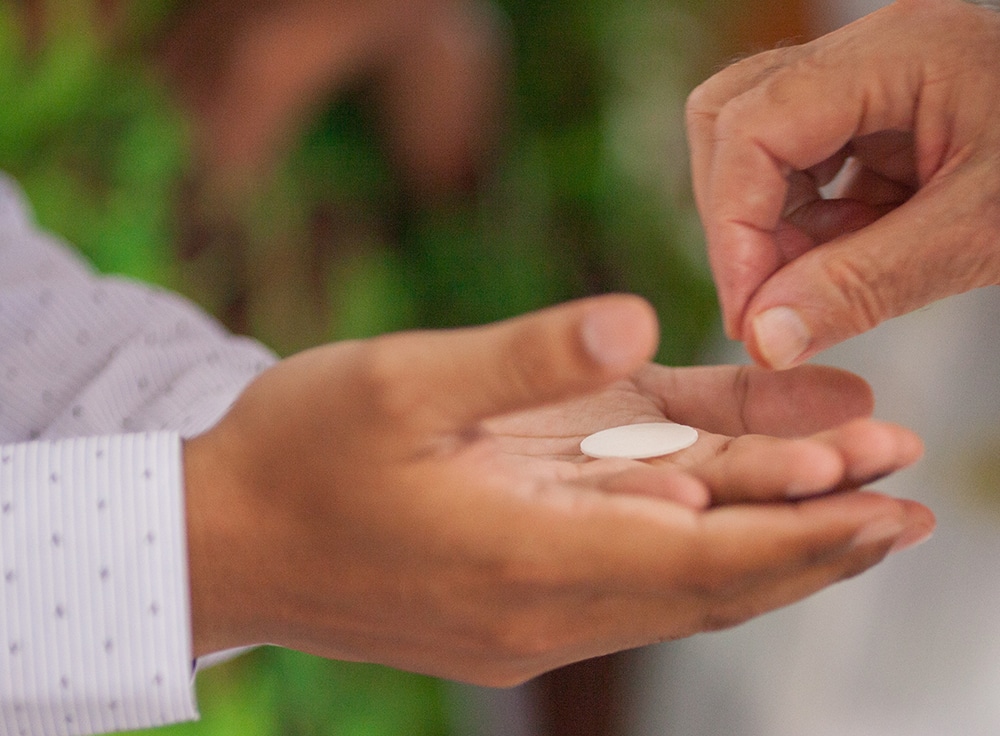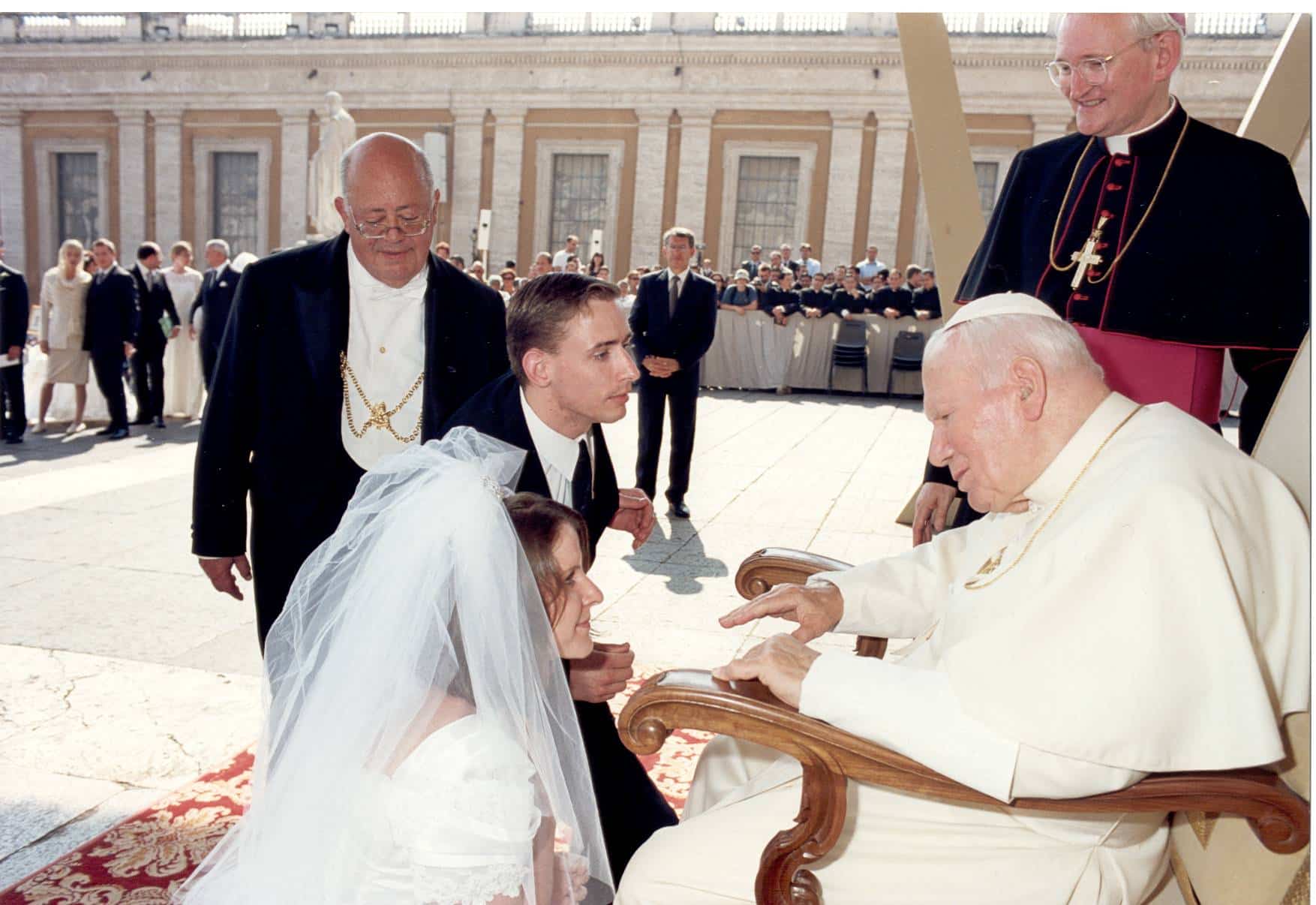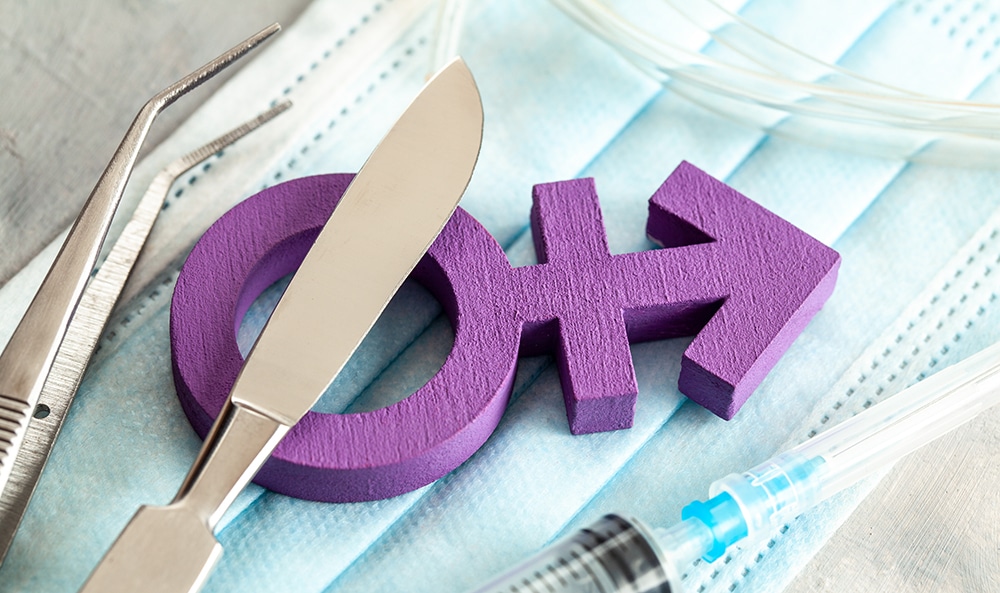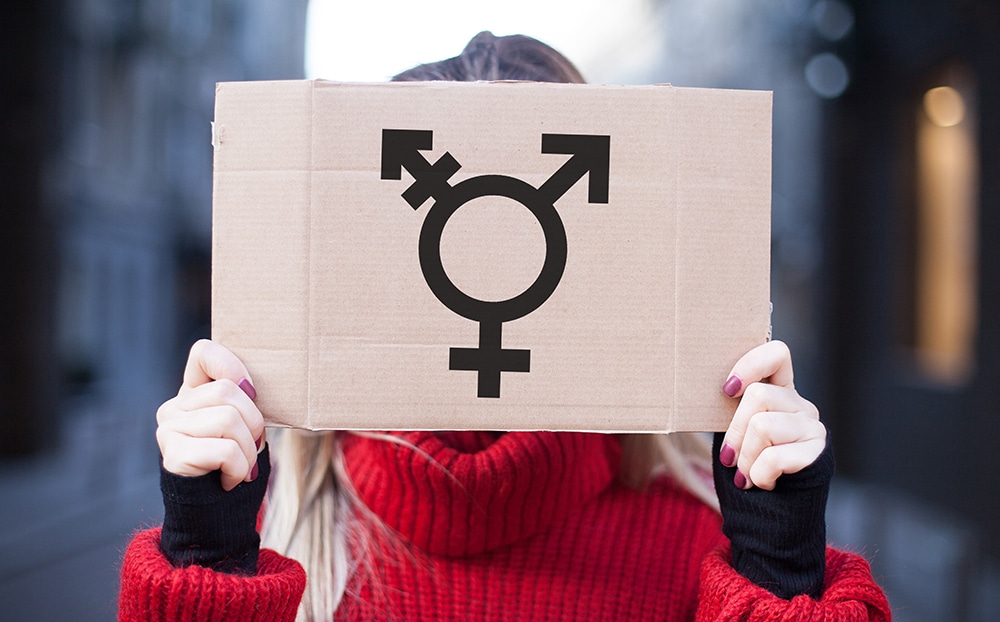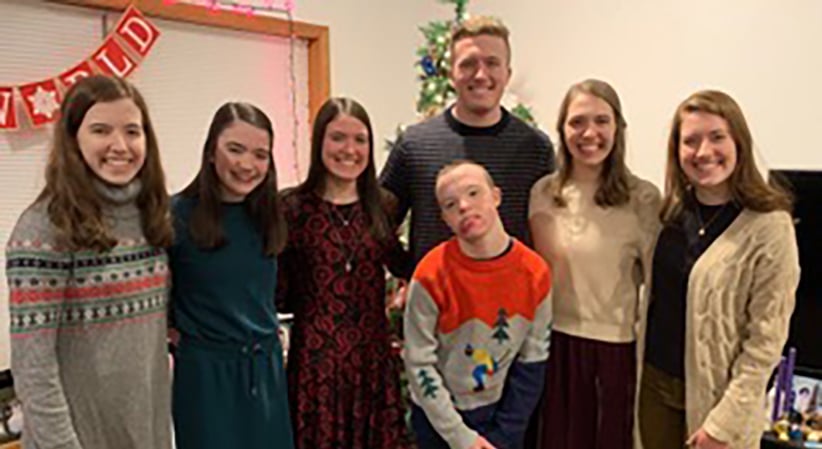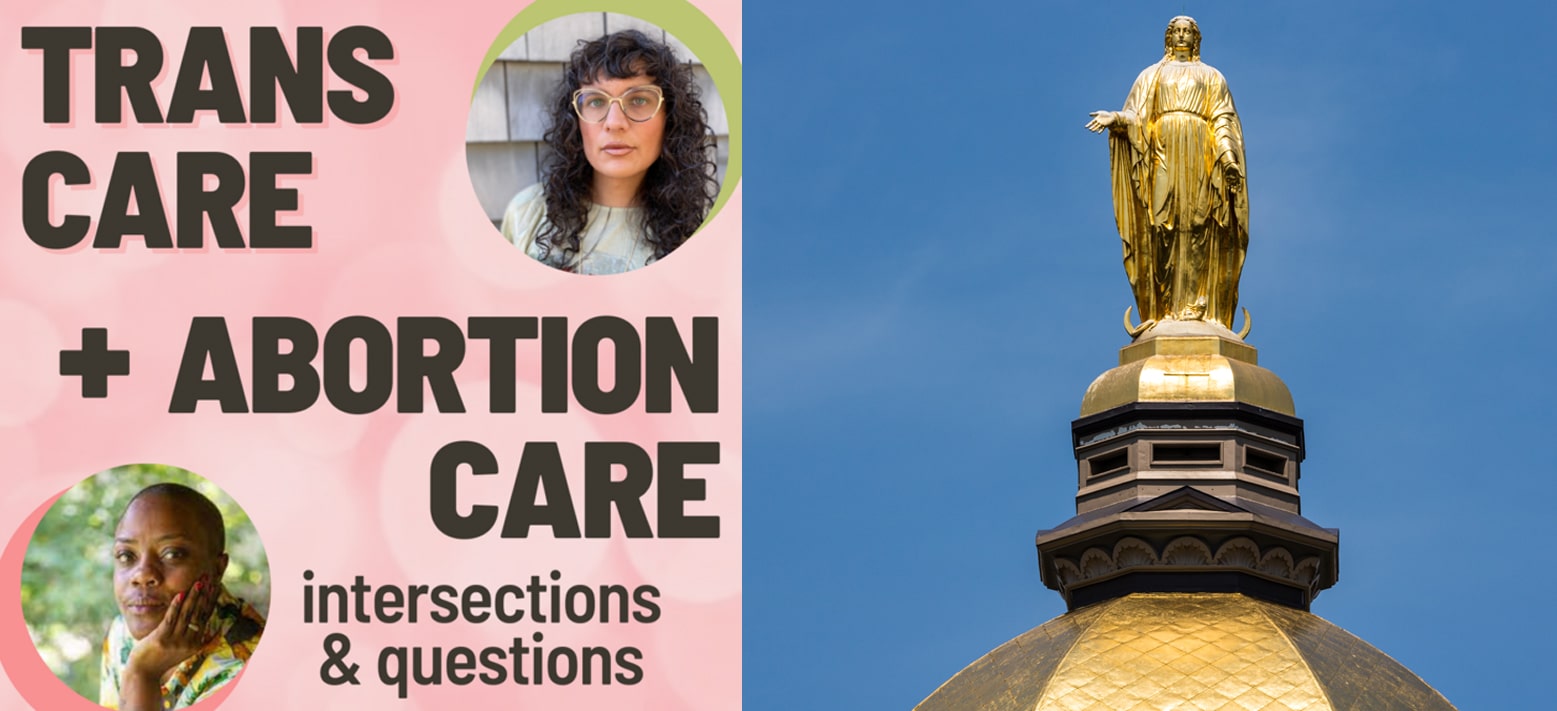ST. PAUL, Minn. (OSV News) — Two new ministries in the Archdiocese of St. Paul and Minneapolis seek to promote healing for those harmed by clergy abuse.
A homebound ministry for victim-survivors of clergy abuse to receive the Eucharist and a support group for employees of faith-based institutions who experienced abuse are now offered through the archdiocesan Office of Ministerial Standards and Safe Environment (OMSSE).
Paula Kaempffer — the office’s outreach coordinator for restorative justice and abuse prevention — said her personal experience as a survivor of abuse and listening to other victim-survivors helped guide the development of the homebound Eucharistic ministry.
“They are Catholics through and through, but they cannot set foot inside of (a) church again because their abuse either happened in the church itself, or it happened by a priest and they can’t face a priest,” she said. But many victim-survivors “have a deep hunger for Eucharist,” Kaempffer said. This ministry, therefore, is a way “to bring them Eucharist … to let them know how much they are cared for and loved by Jesus and the Church.” The Eucharist is brought to them by a minister who also is a victim-survivor of clergy abuse.
Now members of St. Gerard Majella Parish in Brooklyn Park, Deborah Schiessl and her husband, Peter, became special ministers of the Eucharist for the homebound when they were members of St. Raphael Parish in Crystal. Schiessl said she was attending support groups in the archdiocese as well as through the nonprofit support network Awake Milwaukee as she faced her own experience of abuse.
“I would listen to people and some of them, their hearts are so connected still to the Catholic Church, but this is a place of trauma for them now,” Schiessl told The Catholic Spirit, the archdiocesan newspaper. She thought about how she and her husband brought the Eucharist to people who couldn’t attend Mass for various physical, psychological or emotional reasons. “And I thought, well wouldn’t that apply here? … Wouldn’t Christ go to those people?”
Schiessl talked with St. Gerard Majella pastor Father Charles Lachowitzer as well as Kaempffer and ultimately brought the Eucharist to a local victim-survivor — the beginning of the new ministry.
Kaempffer said the recipient of the Eucharist from Schiessl attested to it being “such a healing, profound experience, how loving that Eucharistic minister was, and how they could talk” about their shared experiences.
Schiessl said it’s transformative for her as well: “Perhaps my woundedness of my own and my own experience of abuse is going to be transformed into something that — which is so like Jesus Christ, to transform death into life — makes me more understanding of others who have been through abuse and useful to them. It feels very good, it’s very healing for me.” Schiessl said through this ministry, she feels that “Christ has a reason for me here in the Church … the Lord has never called me to leave and so I hope he can use me within the Church and wow, here he can.”
Schiessl said she plans to talk about this new ministry in support groups, to bring awareness to it and to encourage attendees to consider it. “I’m hoping to give them an experience of their church that is a healing experience,” a reflection of Jesus’ healing ministry. “Isn’t it interesting that Christ is using the wounded ones to heal?” Schiessl said. “I really think it has to come from victim-survivors, how we do healing from this.” She added, “I’m hoping more and more, there are going to be avenues from us this way.”
Another avenue is the support group for employees of faith-based institutions who have experienced abuse in the archdiocese as well as in dioceses nationally and internationally; Kaempffer said that five days after the group was formally announced, 12 people had already registered. “There is such a need,” Kaempffer said. “Lay ministers in the Church are really hurting from the abuse that they’ve experienced.”
Kaempffer said those who have signed up for the group have primarily had experiences with Catholic clergy or staff, but the group is open to people from other religious institutions.
The support group will meet via Zoom on the second Thursday of every month, starting April 13. It’s now the fourth support group offered through OMSSE; the first was established for anyone who experienced clergy sexual abuse, a second was organized for family members of those who experienced abuse, and a third was created for those who experienced abuse by clergy as adults. The groups also address physical or emotional forms of abuse.
Kaempffer said support group attendees witness to each other’s healing. “They have really come to love one another and care for one another and affirm one another’s growth through these groups.” She said, “several of them have called it their church.”
Kaempffer said OMSSE also hosts presentations, typically on the fourth Monday of the month. Experts from throughout the United States present on topics geared toward victim-survivor healing, such as safety advocacy, trauma-informed care techniques, and creating a trauma-informed church.
“We have pastoral care people from parishes, we have therapists who work with victim-survivors, we have victim assistance coordinators who are in every parish” attending the presentations, Kaempffer said. Presentations typically draw 80-200 attendees. Though many attendees live locally, Kaempffer said word has spread and people from throughout the U.S. and other countries — such as Germany, France, Switzerland and the United Kingdom — have attended.
The response to these efforts is “very positive, the feedback is extremely positive,” Kaempffer said. “I hear from people all over the country, I get emails from people after they’ve attended presentations thanking us at the diocese for putting these presentations on, for the work that we do with victim-survivors, for trainings that we do, like in the seminary, as well.” Giving a recent example, Kaempffer said she had a virtual meeting with a group from Nigeria that wants to support women victim-survivors of sexual abuse.
Paul Iovino, deputy director of OMSSE and a member of St. Ambrose Parish in Woodbury, said he is “excited and encouraged by these new ministries.” He sees them as being able “to serve people who have been harmed by the Church,” and that he is “grateful our archbishop and leadership are supportive.”
Julie Craven — who serves as ombudsperson for clerical sexual abuse within the archdiocese — agreed. “These pastoral care offerings are central to our faith,” she said.
Craven said it’s apparent through her work alongside Father Daniel Griffith — pastor of the Basilica of St. Mary in Minneapolis and director of the University of St. Thomas School of Law’s Initiative on Restorative Justice and Healing, where Craven is associate director — that “the interest in restorative practices continues to grow, in this archdiocese and in other parts of the country. To be able to talk about the availability of Zoom support groups and Eucharist for victim-survivors in our work is vitally important and sets our archdiocese apart in the ways we reach out to those who have been harmed.”
Kaempffer — who has been in her current role since June 2019, having served in Catholic church ministry for more than 40 years before that — said she’s “very humbled by” her work “and I feel very grace-filled because of it, because I know it’s the Holy Spirit that’s doing the work. … I have grown myself, personally, tremendously from listening to these victim-survivors and learning from them as well. They have a lot to teach us. They have a lot to teach the Church.”
Those who would like more information on the two new ministries and other OMSSE resources can visit here.
Rebecca Omastiak is news editor of The Catholic Spirit, newspaper of the Archdiocese of St. Paul and Minneapolis.

